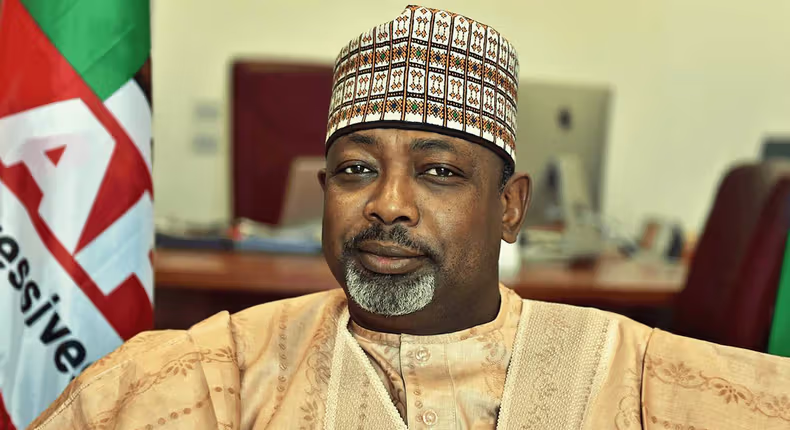Senator Abubakar Kyari, Minister of Agriculture and Food Security, announced the Federal Government’s commitment to investing in dry season farming to tackle the ongoing nutrition and food crisis in Nigeria. This was stated during the inauguration of a workshop for stakeholders focused on food and nutrition security in Abuja.
Represented by Nuhu Kilishi, the Director of Nutrition and Food Safety, Kyari highlighted the need for stakeholder collaboration to address food insecurity. The ministry is prioritizing investments in dry-season farming by enhancing access to irrigation, improved seeds, and agrochemicals for farmers.
Kyari noted that Nigeria ranked 107 out of 113 countries in the Global Food Security Index, with approximately 12.9% of the world’s poor living in the country. He stressed that high poverty levels hinder access to nutritious food and negatively impact social and economic performance.
He reported alarming statistics, revealing that around 35 million Nigerians are severely malnourished, including 12 million stunted and 23.5 million anemic. Kyari attributed these issues to insecurity, climate change, and conflicts between herders and farmers.
Prof. Abubakar Sulaiman, Director-General of the National Institute for Legislative and Democratic Studies (NILDS), emphasized that while government spending on food and nutrition has increased, there remains a pressing need to close funding gaps to achieve food security by 2030.
He called the workshop an opportunity for stakeholders to share insights on tackling food and nutrition insecurity, especially in light of external shocks like the Russia-Ukraine crisis.
Ms. Lara Cockx, a scientific officer from the Joint Research Centre (JRC), expressed the commission’s commitment to supporting evidence-based policy-making in Nigeria. She highlighted the importance of collaboration between JRC and NILDS to address critical food and nutrition issues effectively.

